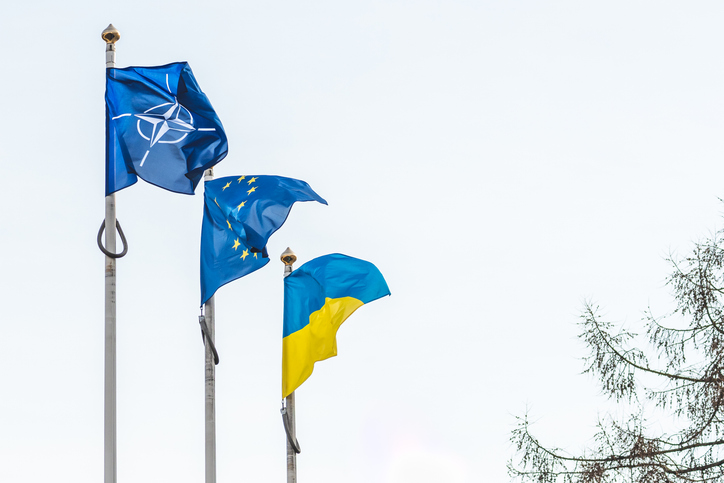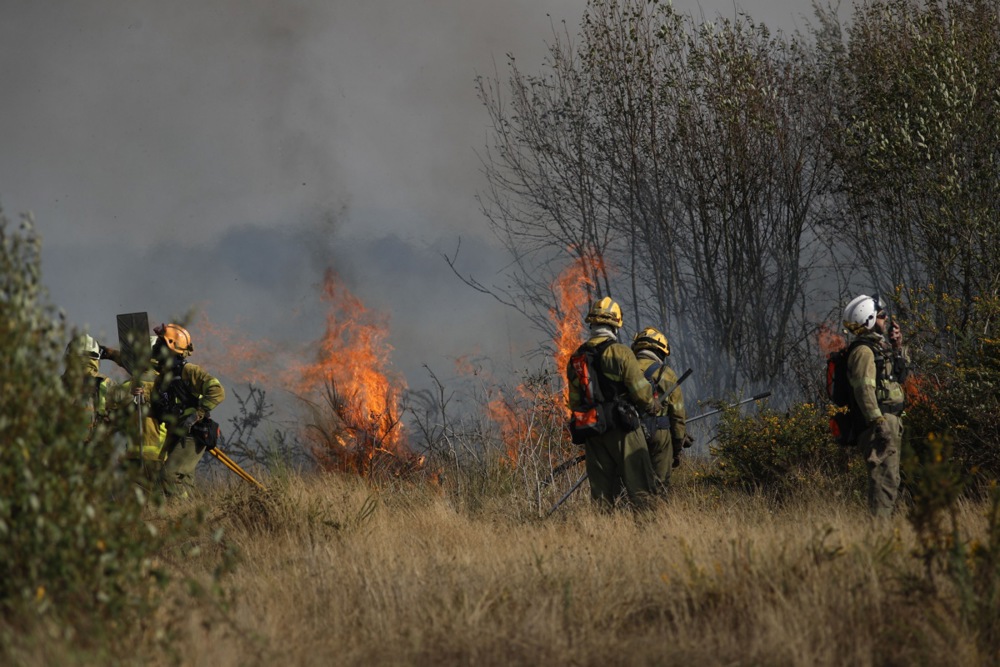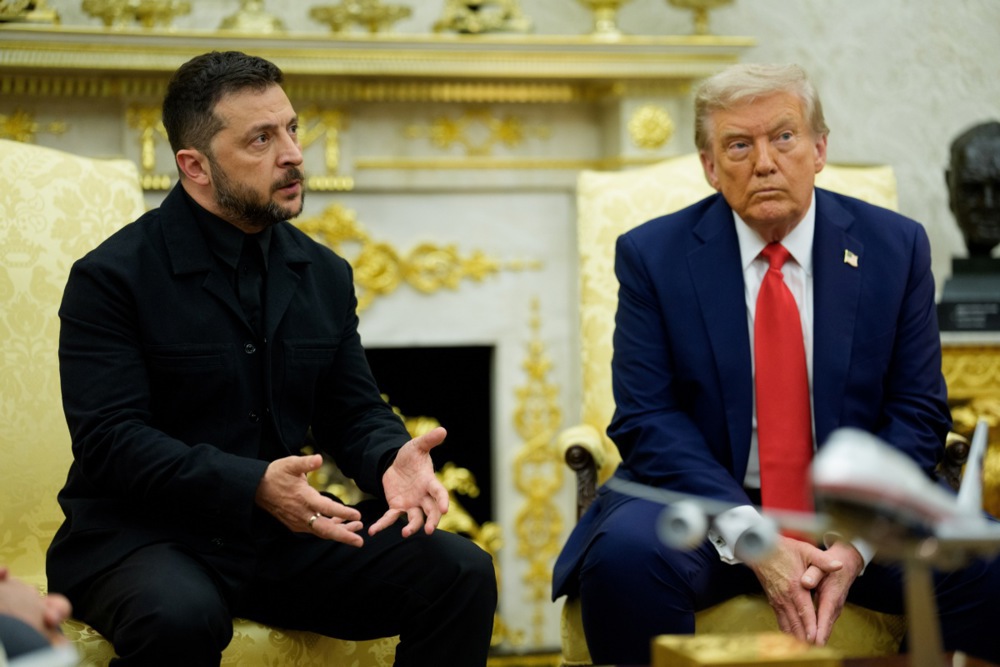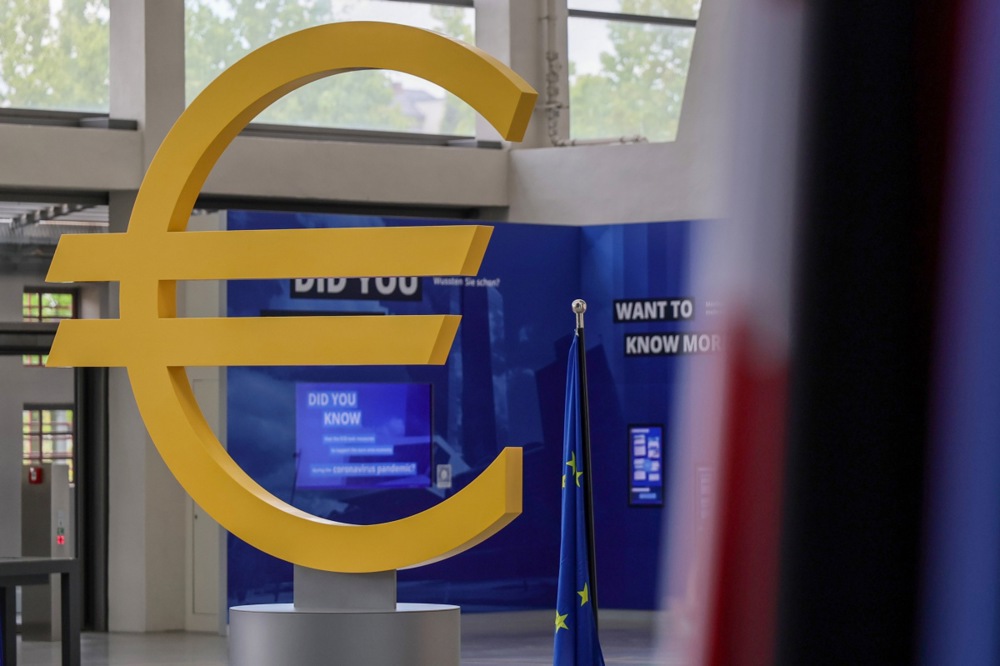The Ambassador of Albania says he wants “everyone, even influencers” to support the country’s push to join the European Union.
“We need the [European] Commission, we need the Commissioners, we need the member states, we need the influencers, we need the media — to explain not how beautiful Albania is when they visit but how important it is for them,” Ferit Hoxha, Albania’s ambassador to the EU, said while visiting the CEPS think-tank in Brussels yesterday.
Hoxha said he wants EU countries such as “France, Germany, Austria [to be convinced] why this process is good for them as much as it is for us”.
His comments came after Albanian Prime Minister Edi Rama visited London on October 22 for the Berlin Process Summit, hosted this year by the UK. “We are advancing fast on our EU path. We must keep this momentum,” Rama told reporters in London.
The Berlin Process is an annual forum launched in 2014 to support western Balkan countries on their EU path through regional co-operation and investment. Albania will host it next year, giving the country a central role in the talks.
Hoxha said Albanian officials were working harder than ever on EU negotiations. “For the first time in 35 years of our relationship with the European Union, we see that unity is working,” he said.
His country applied for membership in 2009, became an official candidate in 2014 and officially began accession negotiations in July 2022, a few months after Russia invaded Ukraine.
“For us, this started 35 years ago. I’m 30 years old — and in the life of a person, if you have wanted something for longer than you’ve lived, it means it’s deeply rooted,” said Hoxha.
EU enlargement in the western Balkans had stalled for almost a decade. In 2019, French President Emmanuel Macron blocked the opening of membership talks with Albania and North Macedonia, saying: “Europe must reform itself before enlarging.”
Then-EC President Jean-Claude Juncker had also ruled out new accessions before 2025, citing post-Brexit institutional gaps and rule-of-law crises in Hungary and Poland.
After the war started in Ukraine, western Balkan integration became a matter of European security. EC President Ursula von der Leyen toured the region earlier in October — her fifth visit in as many years — emphasising the EC’s strategic interest.
Albania has seen some concrete steps in its push to align with EU standards. A few days ago, it joined the Single Euro Payments Area (SEPA), which standardises cross-border euro transfers across 41 countries. Transfers that once cost €10 to €40 per €1,000 now cost no more than €2.
Albania wants to “convince the EU and its citizens”, Hoxha said. But, he added, this communication also needs to happen his country. He said that was because even though a vast majority of citizens want EU membership, there remained some areas where the bloc’s policies might be more difficult to follow.
“We face challenges, particularly in chapters such as agriculture, environment, energy and sustainability,” Hoxha said.
He insisted that local government engagement in these areas is crucial, since in Albania, 70 per cent of rule implementation happens at the municipal level. He said these administrations need to be “convinced too”.
“We must also communicate better with our citizens to strengthen understanding and support,” he said.
Rama, meanwhile, highlighted Albania’s stability compared with conflict zones in the region, warning that peace should not be taken for granted.
Both he and Hoxha emphasised that Albania’s progress — opening almost all negotiation chapters and aiming to complete them by 2027 — demonstrates the country’s readiness and seriousness.
“We are adding more oil around the engine,” Hoxha said. “And we are absolutely sure we can make it.”
With public support at 92 per cent for EU membership, according to Rama, Albania’s push is framed not only as a domestic ambition but as part of the broader geopolitical interests of the EU in the western Balkans.





